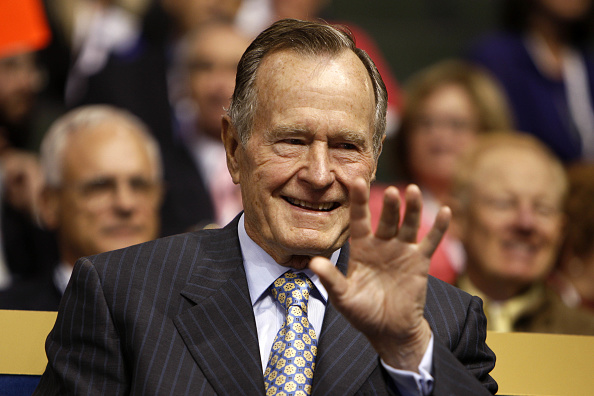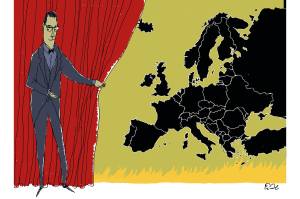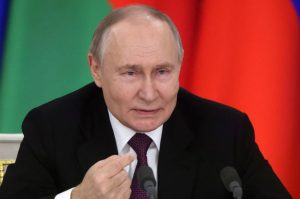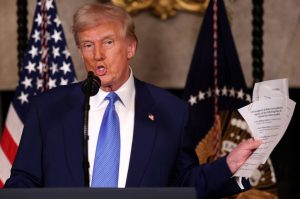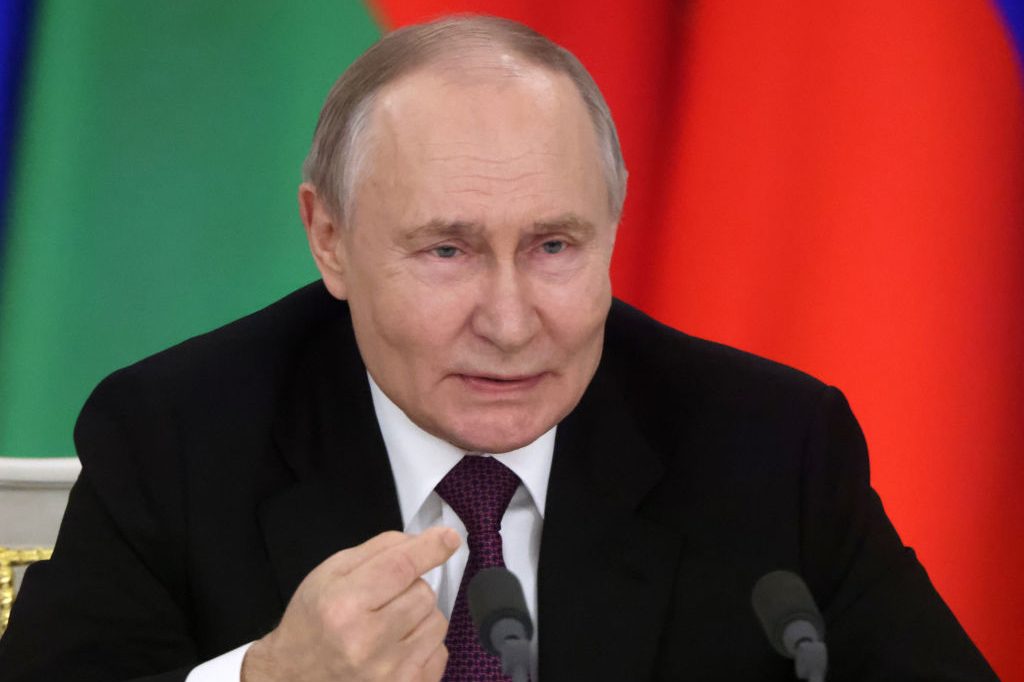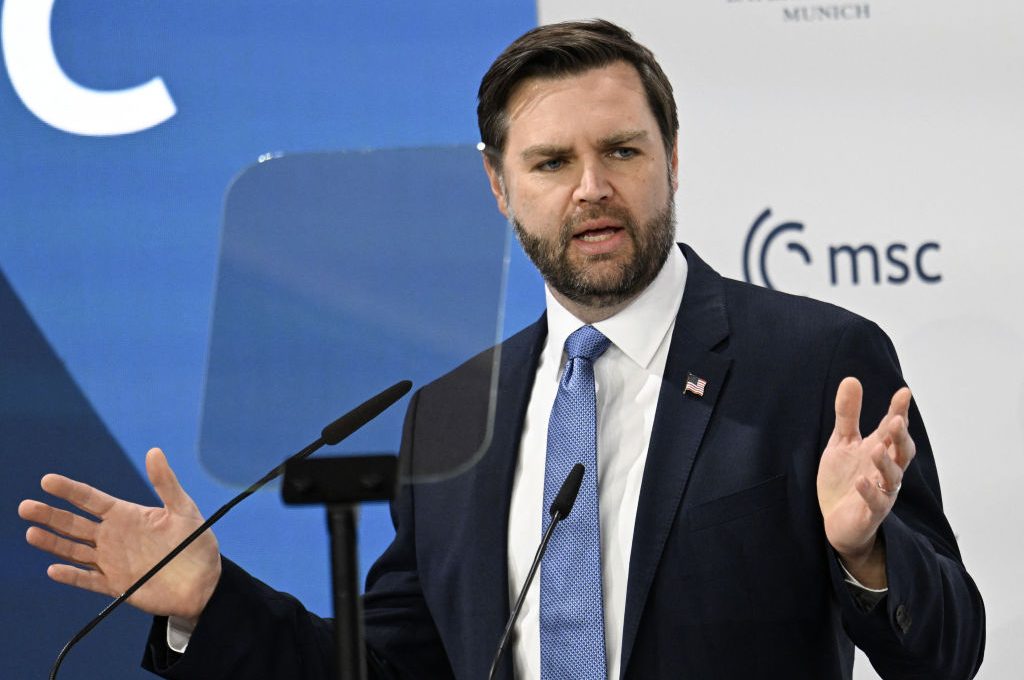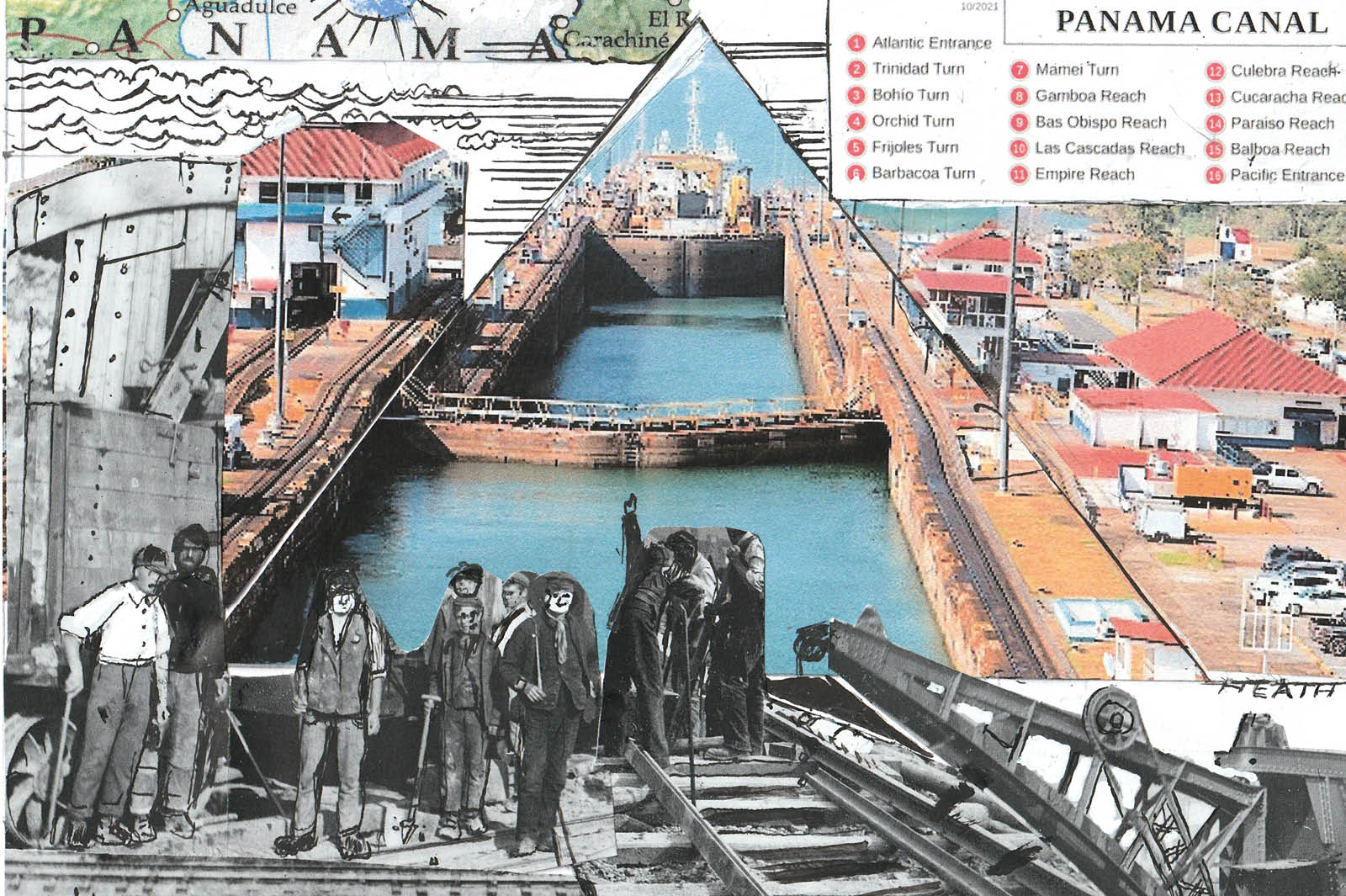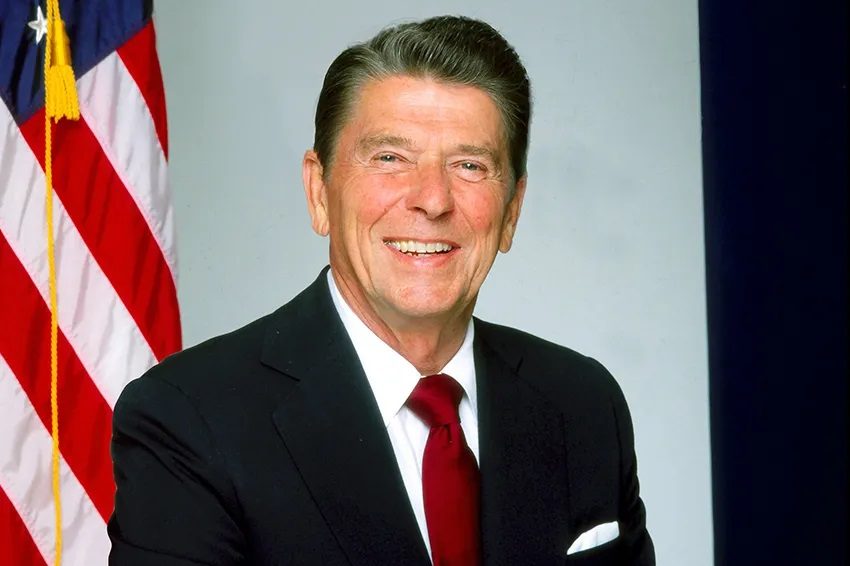was a president without an asterisk next to his name. No one ever wondered what overseas power was bankrolling him or what foreign intelligence service was running an operation to elect him to the White House. Americans had partisan and policy differences with George Bush, but even in the heat of the 1992 campaign, the toughest of his life, no one questioned his motives or his intentions.
No one could or can doubt his deep patriotism, loyalty, and commitment to service to the nation he so clearly loved. The remembrances of this good man and consequential leader are many, and as a Republican official, campaign operative, ad maker, pundit, and proud Bush guy, I am happy to see America’s outpouring of gratitude and support for the greatest President in my lifetime.
Thirty years ago today — it feels like 210, as a life in politics ages you in dog years — I was a young campaign aide from Florida, unpacking my car on an icy Washington, D.C. day. I was there to begin working on the transition team, one of the lowest critters on the political food chain, but I couldn’t have been prouder and excited. I would soon be assigned to Dick Cheney’s Department of Defense, perfect for a young Cold Warrior in a hurry.
We had reached an inflection point in global affairs; the old Soviet order was dying. The endgame would be precarious and required a man who could provide the leadership the nation needed, a man who knew and understood the landscape of threats and opportunities. That man was George H. W. Bush.
His masterful handling of the collapse of the Soviet Union, the liberation of Eastern European nations, the draw-down and reconfiguration of the US-Soviet nuclear balance, the removal of Manuel Noriega’s narco-regime from Panama, the liberation of Kuwait, and the reunification of Germany were masterworks of careful, targeted, disciplined use of American power, hard and soft.
Every one of us knew that 41 was something special. It wasn’t merely Bush’s résumé, but the depth of experience it conferred that made those around Bush feel he would be a steady hand, informed and intelligent in the most dangerous moments, a man of probity and judgment. He had the lean, casual frame of a natural athlete, the patrician ease of the oldest New England families, the sportsman’s love of competition, and the adopted Texan’s degree of swagger, in which the hat/cattle ratio was just right.
His love of his magnificent family was evident. He adored his wife Barbara, his children and grandchildren with radiant joy.
George H.W. Bush was a man in full.
His legacy as president will, in the fullness of time, stand among the greats. It wasn’t merely the big, dramatic end of the Cold War and the foreign policy accomplishments. The small stuff mattered to him, as well.
From the start, everyone in the administration, from the lowest Schedule C appointee to the Cabinet members understood that ethics mattered. It’s forgotten by most, but the very first Executive Order issued by President Bush was a sweeping commission to reform and tighten federal ethics rules. If the Bush standards applied today, the current administration would be a ghost town.
He fought for the rights of the disabled instead of mocking them, passing the Americans With Disabilities Act. He helped set standards to eliminate acid rain, protect the Everglades, and to reduce air pollution. He called on Americans to engage in volunteer and community service.
He played a tough hand; the economy, after years of the Reagan-era boom, had slowed. The painful transitions from an economy based on heavy manufacturing to one based on technology, services, finance, and intellectual capital were testing for many parts of the country. That tough hand led him to a harrowing, existential decision to enter into a bipartisan agreement to raise taxes. Politically, it was deadly to the GOP in the 1990 midterms and weighed heavily on his 1992 re-election effort, but as he had promised in his first State of the Union address, ‘We cannot settle for business as usual. Government by continuing resolution, or government by crisis, will not do.’
George Herbert Walker Bush is lost to us now. He spanned the American Century in all its highs and lows, and its headlong rush into a future that no one born in his time could have imagined. He was the last of his generation in the Oval Office. He was the lanky kid who volunteered for Navy flight training the day after Pearl Harbor. He was the man who oversaw the peaceful end of the Cold War.
Napoleon once said there are no bad soldiers, only bad officers. Bad leaders set bad examples. Good leaders set good rules. Great leaders set great examples.
History will recall LTJG George Herbert Walker Bush, USN, 41st President of the United States of America as a great leader for the example he set in 70 years of public life, for his profound love for his family, and his lifelong commitment to the values and virtues of honor, civility, and service.



